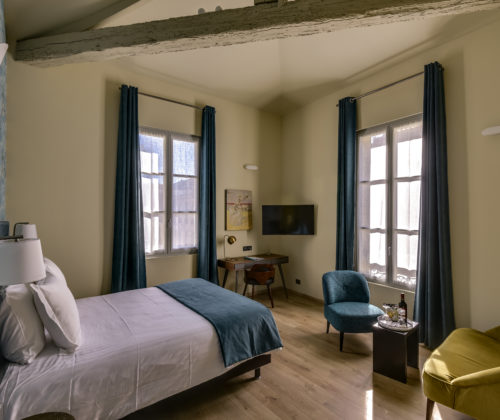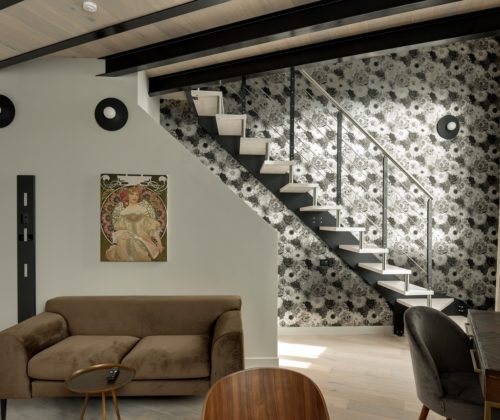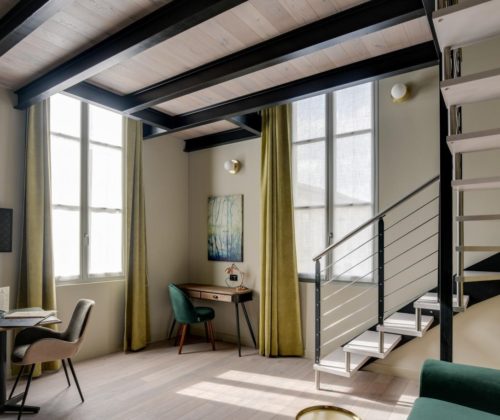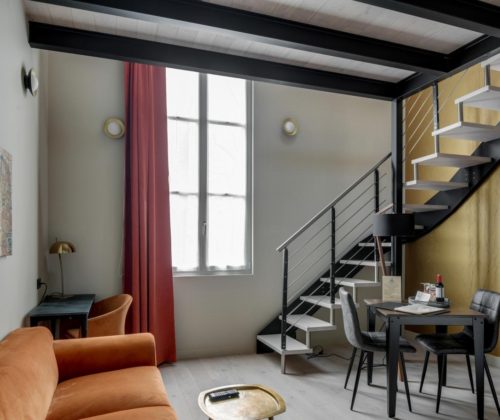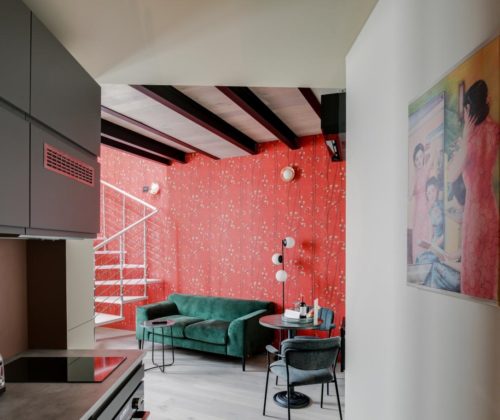The idea of signaling something to someone you are trying to impress was modeled by Michael Spence in the early 1970s , and these economists wanted to try it out. Click here to So the gastroenterologist market every year is exactly like the dating market. At the end of a fellowship, a gastroenterologist will go looking for a job.
Since time is money, clients are willing to pay a couple of grand or more, sometimes much more. The days leading up to Valentine's Day are the busiest of the year for this Hello Dolly of the L Train, at the moment, looking for lasting love on behalf of two 30-something female professionals. Those are among the tidbits gleaned from the millions of responses in OkCupid's database, shared by Christian Rudder in his book Dataclysm, not that all are exactly shockers.
Such differences are even more striking when it comes to race. For example, black women pass through 36% of other users’ filters, compared with 44% for women of other races. This gap is similar to the effect of one inch of height for men. However, just 24% of black women are liked as prospects, versus 37% for non-black women—an impact as great as 11 inches of male height.
Competition offers some protection against such a possibility; so too might greater transparency over the principles used by dating apps to match people up. Meeting a mate over the internet is fundamentally different from meeting one offline. In the physical world, partners are found in family networks or among circles of friends and colleagues. People who meet online are overwhelmingly likely to be strangers. As a result, dating digitally offers much greater choice. A bar, choir or office might have a few tens of potential partners for any one person.
But its most profound effect may well be on the biggest decision that most people make—choosing a mate.
Economist Paul Oyer has actually written a book, Everything I Ever Needed to Know about Economics I Learned from Online Dating, based on his own adventures looking for love. Facebook software engineer Mike O'Beirne, 23, AKA cirrussly online, had been looking for a date since moving to New York four months ago. THE internet has transformed the way people work and communicate. It has upended industries, from entertainment to retailing.
Modern love
The era of online dating has transformed the world of romance, courtship and marriage, and it's led to what you might call a very different kind of marketplace. But the effect of a virtual rose is largest on the middle desirability group. They are almost twice as likely to accept a proposal with a rose than one without.
But then markets would back out the Fed’s true intentions and undermine its goals. Because users with strict filters weed out most unsuitable people pre-emptively, you might expect them to like many of the remaining candidates. For both sexes, the share of prospects liked by the 10% of users with the tightest filters is percentage points lower than by the 10% with the broadest ones. People looking for a specific type of partner can filter out many weak candidates, but can select based on other criteria, such as looks, only one by one.
Support our journalism
To them, being told in a credible manner that they really are particularly attractive is very meaningful. They have heard a lot of cheap talk in their lives, and they value someone backing it up. Or, put another way, the rose is a meaningful investment in the person because the sender had to give up other opportunities in order to send it. As the Korean dating site results showed, the signaling idea applies quite nicely to the virtual rose. If a man or woman sent a standard proposal, the recipient accepted about 15 percent of the time. But about 18 percent of proposals that came with a virtual rose were accepted, which means sending a rose increased the chances of acceptance by about one-fifth.
The human brain is not equipped to process and respond individually to thousands of profiles, but it takes only a few hours on a dating app to develop a mental heuristic for sorting people into broad categories. In this way, people can easily become seen as commodities—interchangeable products available for acquisition or trade. “What the internet apps do is that they enable you to see, for the first time ever in history, the market of possible partners,” Illouz, of École des Hautes Études en Sciences Sociales, said. Or, it makes a dater think they can see the market, when really all they can see is what an algorithm shows them. These findings chime with those from Mr Thomas and Michael Rosenfeld of Stanford University, who work with data from the How Couples Meet and Stay Together survey, conducted every few years by GfK, a research firm.
Liz has been going on Tinder dates frequently, sometimes multiple times a week—one of her New Year’s resolutions was to go on every date she was invited on. But Liz, who asked to be identified only by her first name in order to avoid harassment, can’t escape a feeling of impersonal, businesslike detachment from the whole pursuit. Another study, co-authored by famed behavioral economist Dan Ariely, uncovered similar online-dating preferences. Offline, people meet others who are like them in various ways—who know the same people and work in the same places. Online they can meet people not like them in those ways, but like them in other ways that may matter more. You can meet people who aren’t like you and select those who are, says Jess Carbino, the in-house sociologist at Bumble.
Now in the online dating world and the job market, it's exactly the same. And I want to go to one that has a lot of alternatives because I want people who are closer to what I'm looking for. It in a nice context because I think a lot of people think about economics and they think about money. And I really like teaching economics through online dating because it's a context where no money changes hands, and yet so many of the ideas we as economists study are playing out. From an economics perspective, searching for a partner is just cost-benefit analysis. Although network effects give an advantage to a dating app with more users—something which makes current apps worried about Facebook’s intentions—it is not an overwhelming one.
The virtual roses do not matter that much for the most desirable people. That’s no great surprise — those people already expect to be among the most sought after. Why did the site add the element of the virtual rose, and did it affect the outcomes of the dating arrangements? The answers are that a couple of economists talked them into it, and, yes, it had large effects.














